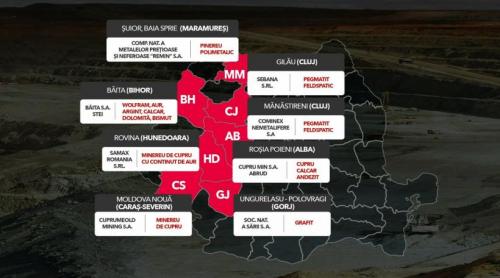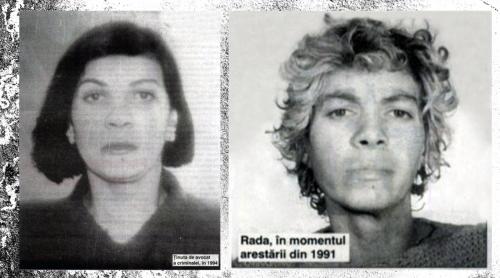
What is democracy under the conditions of modern society in which information and education are inevitably unevenly distributed? In the modern world, inequality is not the opposite of democracy, but modern democracy is required to civilize inequality, that is to make it compatible with dignity and fairness, as well as to bring it in the situation in which it can work for the benefit of the citizens. Democracy means no more the effective leadership made by the people, but by a plural elite, whose responsibility towards the people is guaranteed by a mechanism that takes into consideration all its components.
What is democracy under the conditions of modern society in which information and education are inevitably unevenly distributed? In the modern world, inequality is not the opposite of democracy, but modern democracy is required to civilize inequality, that is to make it compatible with dignity and fairness, as well as to bring it in the situation in which it can work for the benefit of the citizens. Democracy means no more the effective leadership made by the people, but by a plural elite, whose responsibility towards the people is guaranteed by a mechanism that takes into consideration all its components.
Populism means, among others, denying the leaders because, as long as all citizens are equal, anyone can lead. The populists contest the elite, because they want to handle people. Masses are easier to handle than the elites.
Like all other sophisticated systems, modern democracy hides the germ of its opposite as well. Since it holds power without being able to exercise it directly, the people delegate it to their leaders. Since the same power is delegated to less leaders, they become more powerful and more able to abuse their powers. By exploiting the frustrations created by inequality and on behalf of the return to absolute equality, they promise "direct democracy", namely a kind of leadership that is not done by state institutions, but through a direct relationship between people and a leader who is the impersonation of power. Is this the way to “Caesar’s plebiscite”, the Traian Basescu way? By making us believe he had lost the power, when the power is actually exercised only indirectly? The price of illusion is the loss of freedom.
By denying the democratic institutions and blaming the return to equalitarianism, the Romanian people returned slowly to dictatorship. Unfortunately, obsessed by obtaining power and less interested in political projects achievable with it, there are some leading Democrats that preferred sacrificing the democratic institutions to please the masses, instead of remaining in the Opposition in a democratic regime. Absurdly, people seem happy to vote in favor of those who promise that they will keep from having the ability to be fair and well represented. Voting by secret ballot and parliamentary immunity, separation of powers and the undismissability of political independent judges are, however, guarantees for the citizens’ power. The attack against them is an attack against the citizen.
Traian Băsescu failed to silence the Parliament. He succeeded, instead, to integrate his opponents in his populist logic. He determined them to compete against him on the field of his populism and he won. If not (yet) directly and politically, certainly journalistically and ideologically. The ones who don’t have the power to oppose to Basescu attempt to join him. Few understand that he doesn’t have only political lusts, but also an ideological project. Joining his ideology, by denying democracy, is suicidal!
Revolution is a work of elites. Less than 5% of the population took part in the process of removing Ceausescu. No one computed the number of people that contributed actively to the projects that created the after-the-Revolution changes, but the number should be directly proportional. If one would have asked the people about the rights of the judges or of the parliamentarians, probably most would have said they didn’t know anything about it. Nevertheless, citizens voted the Constitution of after-communism Romania, transforming it, at least symbolically, into a Constitution of the people. The fact can be explained by the confidence that the Romanians still had in their leaders as well as by the instinct that said to them that the gap between the present and the past was getting bigger if the reforms were as great as possible. Back then, it was easier to accept that the leader and his subordinates could not be equal. Today, however, everyone asks for the “equality between the classes”. The counter-revolution becomes possible by the action of the masses and this will be their unfortunate achievement. Blind leaders lead a blind mass towards the gap of dictatorship.
In the novel "Animal Farm", Orwell sees the impossibility to distinguish between people and pigs seating at the same table as a sign of victory of the totalitarian animalism on human freedom. In the moment in which we will not be able to distinguish between the speech of Mr Traian Băsescu and the one of the democratic parties, the Basescu-like authoritarian-populism has won.
Citește pe Antena3.ro

















